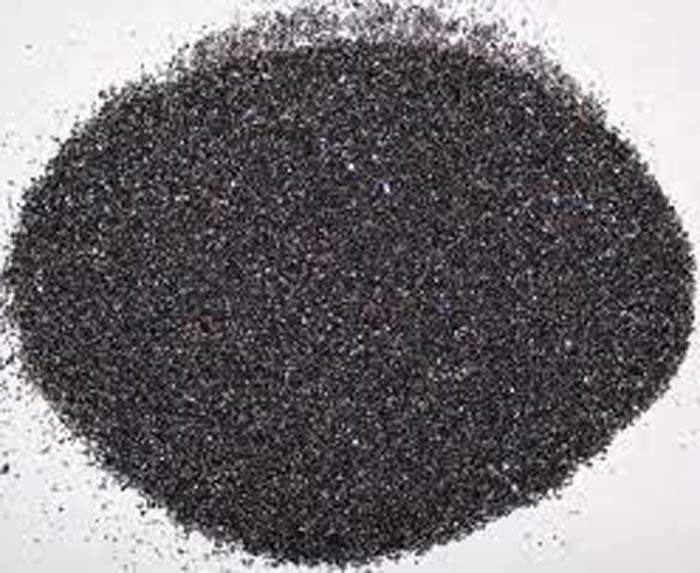
Charcoal and activated carbon water filters are two options that everyone seeking a safe and efficient method to remove hard minerals from their home’s water supply has likely come across. But which one is superior? Which is better: an activated carbon filter or a charcoal filter for your house?
Before you begin your search, familiarize yourself with the definitions of activated carbon and charcoal and the reasons behind their widespread use as water filters.
What is activated carbon?
There are many similarities between charcoal and activated carbon, but there are also some important distinctions.
While wood is the most common ingredient in charcoal, activated carbon can be derived from a variety of sources. This includes petroleum pitch, coal, coconut husks, peat, coir, lignite, nutshells, or even wood. There are two processes for making it:
- Two methods exist for physically activating. First, there’s pyrolization, the same method for making charcoal. Oxidation is employed, subjecting the carbon to steam or oxygen at high temperatures. This occurs in a range of typically 600 to 1200°F.
- Carbon must be saturated with specific chemicals to activate it chemically. Zinc chloride, potassium hydroxide, sodium hydroxide, sodium chloride, and phosphoric acid are some common options.
Manufacturers often prefer chemical activation over physical activation due to its reduced temperature requirements and relative speed.
Though quite similar, activated carbon and charcoal differ in important ways. We have already established that organic materials, most commonly wood, are the traditional building blocks of charcoal. However, activated carbon can be made from a variety of materials, including:
- Petroleum pitch and more
- Coal
- Ignite
- Coconut husk
- Peat
- Nutshells
- ‘Coir
What is charcoal?
Organic materials, usually wood, are burned in an oxygen-free environment. This phenomenon is called pyrosis. The typical range for burning wood is 840 to 950°F. The byproduct of burning wood is then allowed to cool. The next step is to seal the kiln’s vents, removing oxygen and allowing the remnants to burn.
The end product is charcoal, a hard, porous substance. Its high carbon content makes it useful for various processes, including filtering, heating, and cooking.
Difference between Activated Carbon Filter and Charcoal Filter
Activated carbon filters and charcoal are often used interchangeably due to their similar properties. Both have porous media that may soak up various pollutants. Carbon filters appear superior, though, and there is evidence that they differ.
One difference between activated carbon and charcoal filters is that the former is often more pure. In most cases, these filters outperform charcoal filters for water filtration.
These filters are generally considered the best option because of their larger surface area. For instance, a gram of activated carbon covers about 500 square meters. The filters are made of a porous substance that lets water pass through while retaining contaminants and harsh chemicals such as chlorine, iron, and more.
They are an excellent method for removing pollutants and softening hard water. Softened water enhances flavor and eliminates unpleasant odors and discoloration. It has many uses, including reducing soap use and improving the condition of hair and skin.
Activated carbon filters guarantee that the water you drink every day is safe and of excellent quality, even though charcoal filters also remove contaminants.
Is an activated carbon filter effective?
To purify water or air, activated carbon filters work wonders at eliminating contaminants and unpleasant smells. The activated carbon’s high surface area is a result of its porosity. It works by adsorbing contaminants onto its surface. A number of factors, including the filter’s size, the carbon’s quality, and the air or water’s flow rate, determine the filter’s effectiveness. If you want high-quality filters, obtaining them from certified activated carbon filter makers is smart.
Is a charcoal filter effective?
One of the best ways to purify water and eliminate contaminants like pesticides, lead, and chlorine is to use a charcoal filter. Adsorption is when a charcoal water filter removes contaminants from water by binding them to the carbon cartridge’s pores.
What does charcoal do in water filtration?
Charcoal filters trap these pollutants in a charcoal cartridge’s enormous surface area of extremely porous carbon granules.
The adsorption process starts when pollutants attach themselves to its porous features.
Conclusion
Among the many options, charcoal water filters undoubtedly rank highly in popularity. Activated charcoal has several positive effects on human health, the environment, and the economy, particularly when used with water softeners. After installing a charcoal water filter, you will instantly notice the difference.
